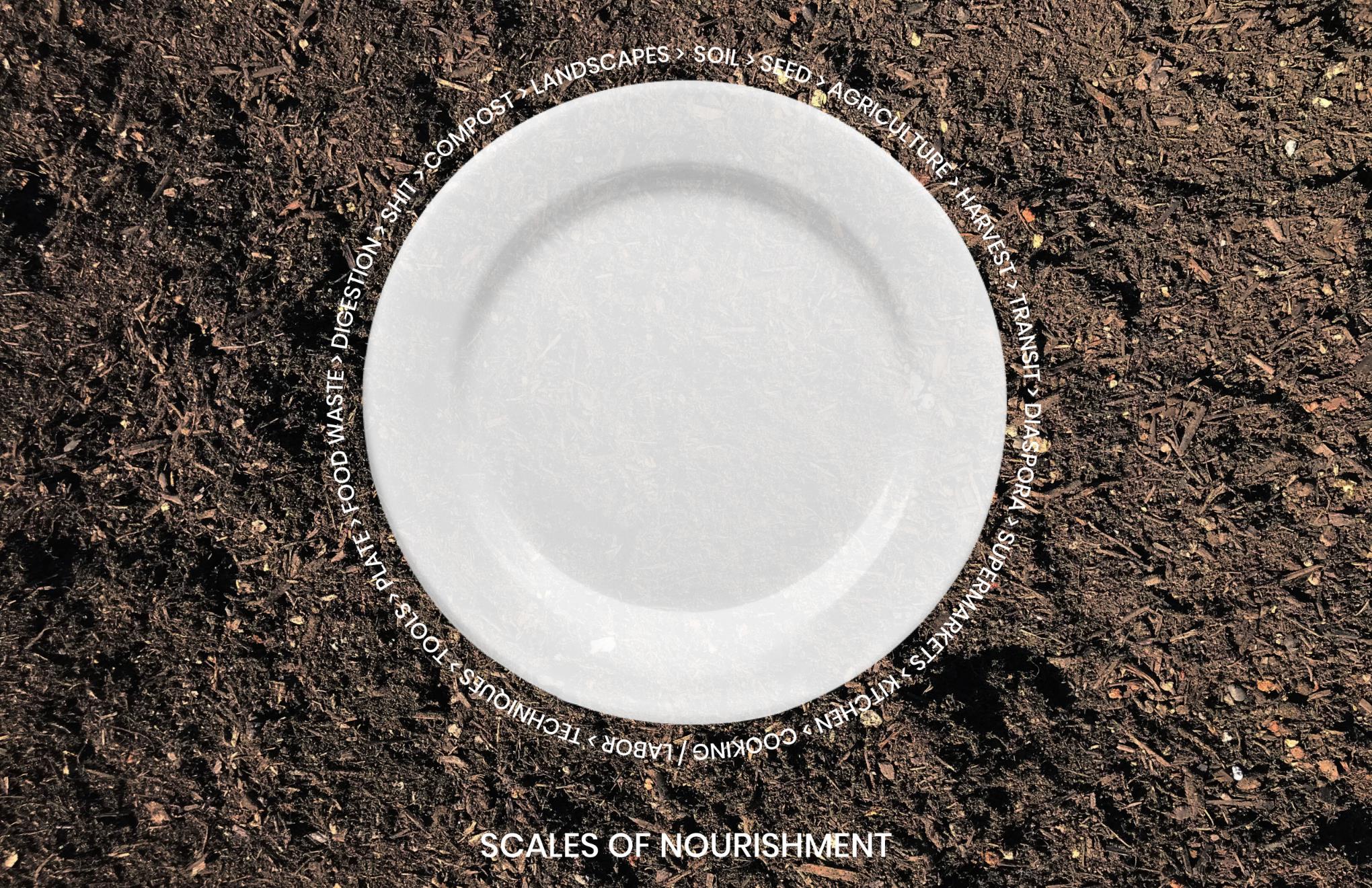
Panel discussion after the screening of Kitchen Evolution at SAWCC (Asian American Writers’ Workshop) New York City, Oct 20th, 2022.
This conversation is joined by the writer/director of Kitchen Evolution, Swati Jain, and architectural scholar, Lydia Kallipoliti, moderated by architectural designer Mai Abusalih.
This conversation is joined by the writer/director of Kitchen Evolution, Swati Jain, and architectural scholar, Lydia Kallipoliti, moderated by architectural designer Mai Abusalih.
Film screening of “Kitchen Evolution” hosted by Beyer Blinder Belle Architects, Jan 26th, 2023.
Followed by a panel discussion with the writer/director Swati Jain, architectural scholar Lydia Kallipoliti, and architect and design researcher Gabriela Aquije Zegarra focusing on food systems and infrastructures in urban environments.
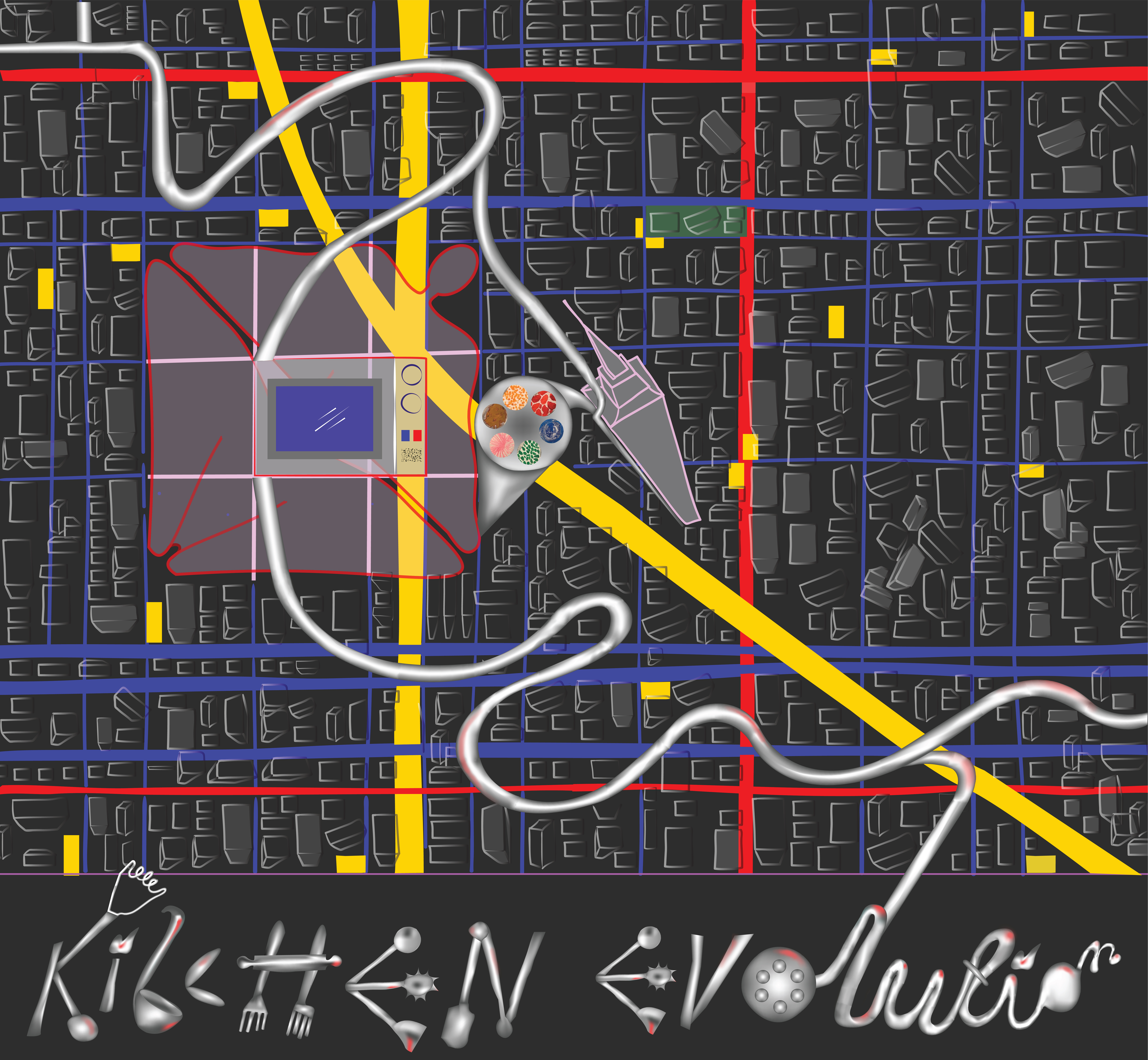
Half of the world's population constitutes women and we still fail to address the issue of gender inequality. Recent data suggests (UK) women per week spend 5 hours more time on household work than men.
A nugget of research that compelled me to dive deeper into this work was done at the School of Gender Studies at the Tata Institute - also included in the film. It illustrated a Heatmap analysis of several middle income Housing typologies in Mumbai. In most houses, the Kitchen was enclosed within 4 walls and a door. Giving less to zero visibility and audibility to the person operating it, which in most cases is a woman.
This inturn leads to less power and minimum decision making opportunities in the household. Isolation and loss of agency results in economic dependency. The film also explores the impact of these domestic typologies on cultural practices, religious iconography and patriarchal social relations in the South Asian context, as well as the western architectural pedagogy.
With technological advancements in ventilation systems the door evolved into a curtain thus increasing the visibility and audibility ratio. Today we live in open, central and microwave Kitchen housing typologies. Kitchen Evolution calls for urgent attention to reflect back on our built environment and domestic labor structures to find alternate solutions. It attempts to resolve some of these spatio-sexual biases in the house with the proposed Thali NYC, a public infrastructure of food systems and ecologies in urban environments. By integrating the natural world in an ethical interdependent way with us humans.



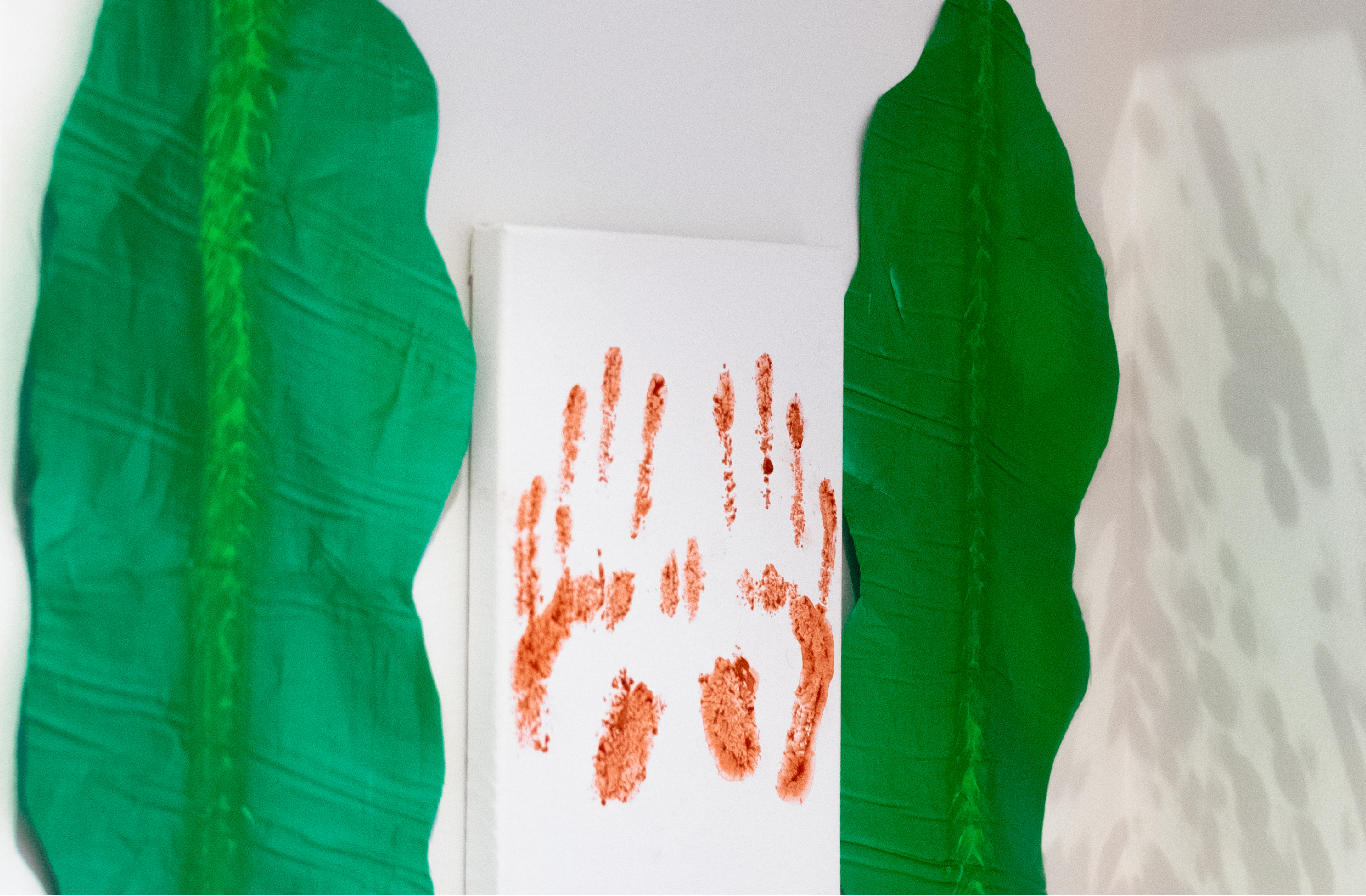


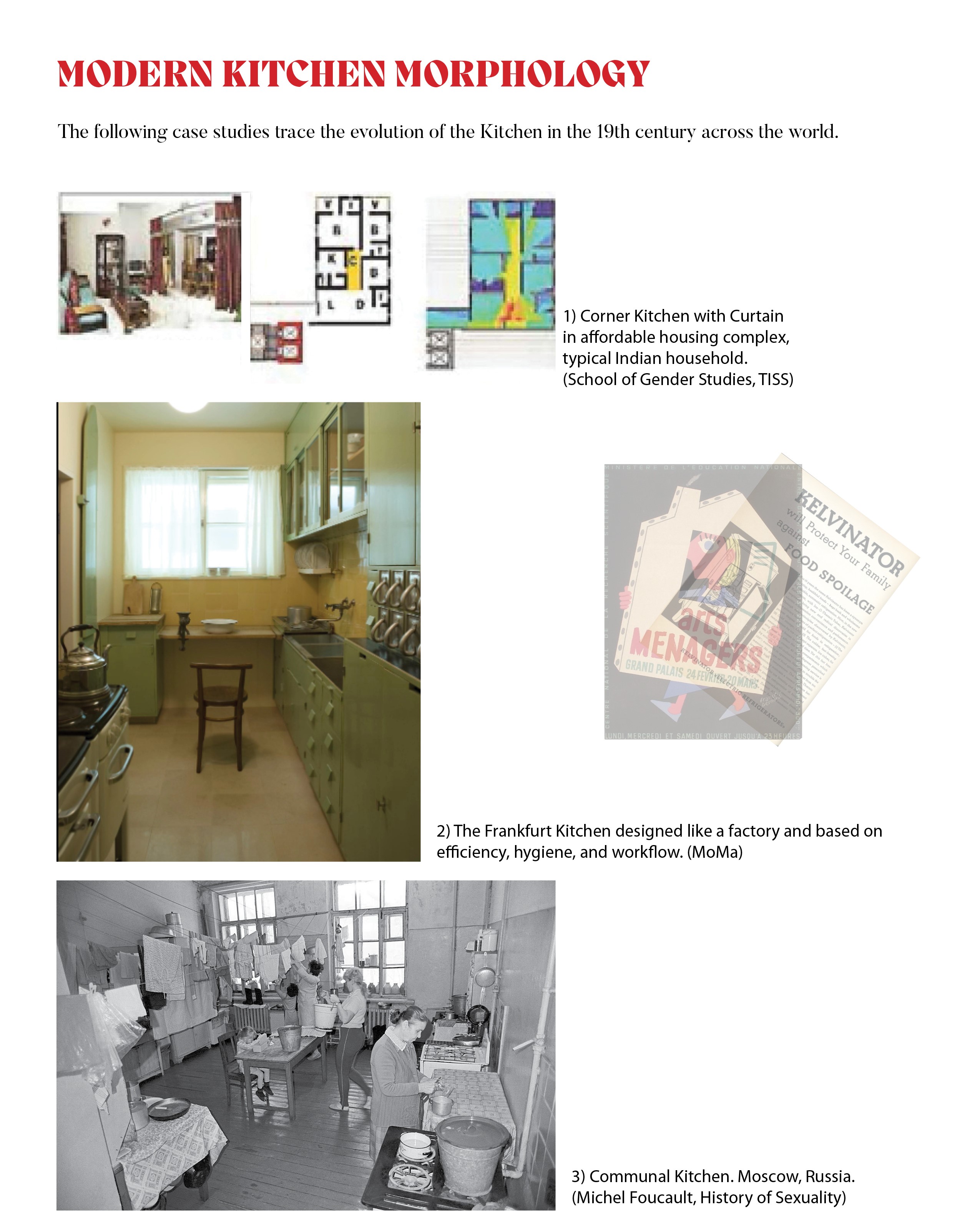
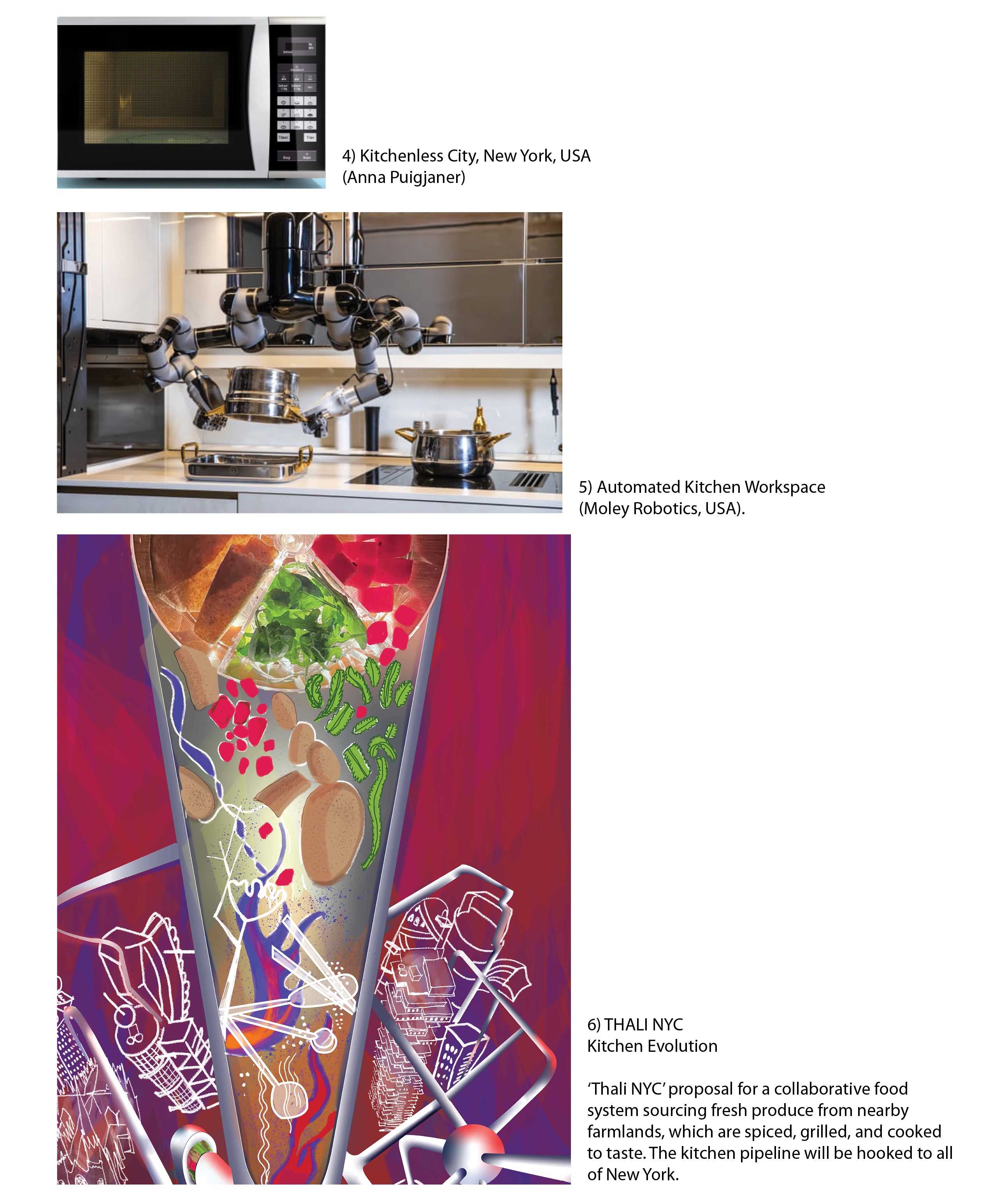
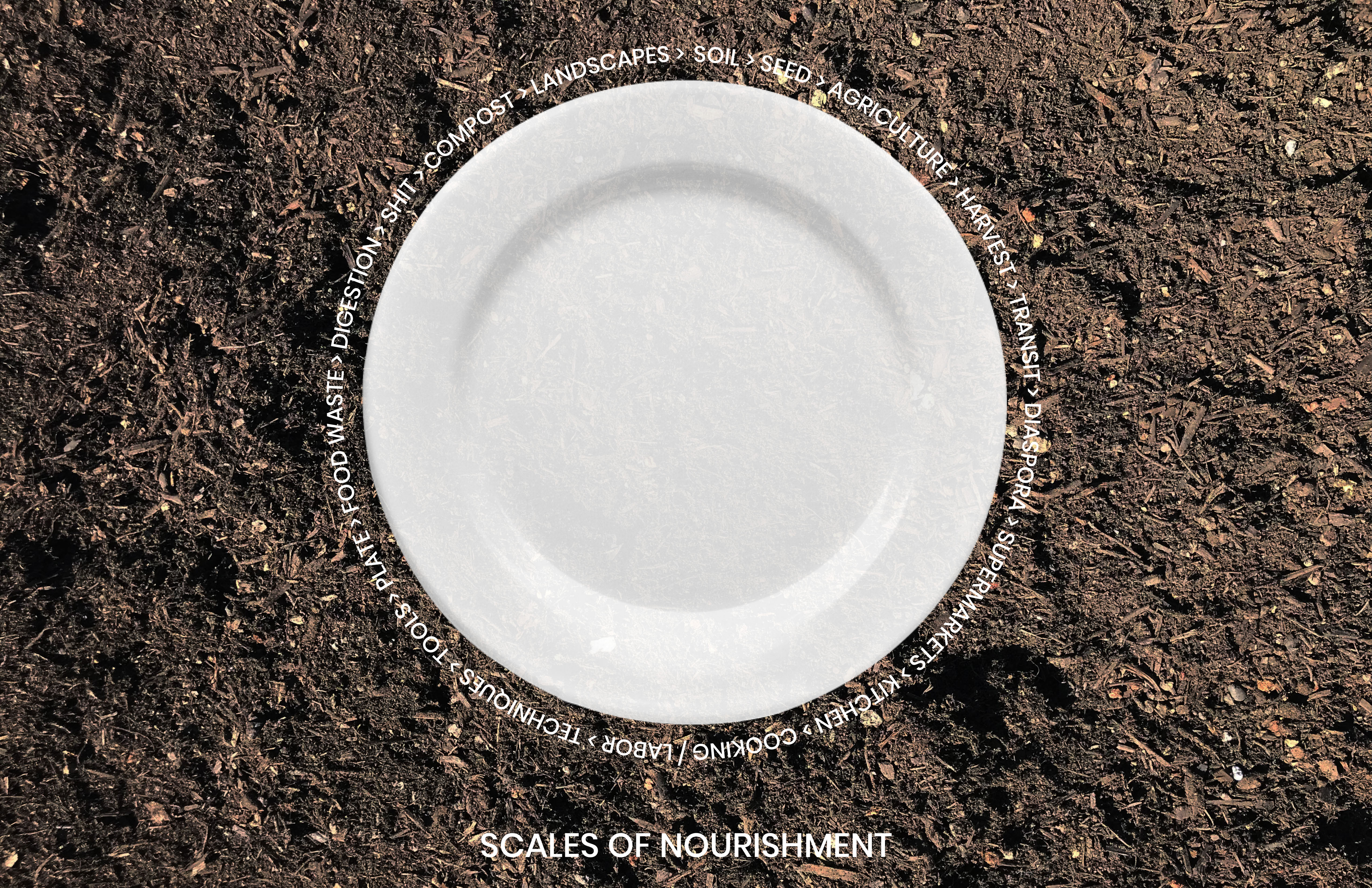



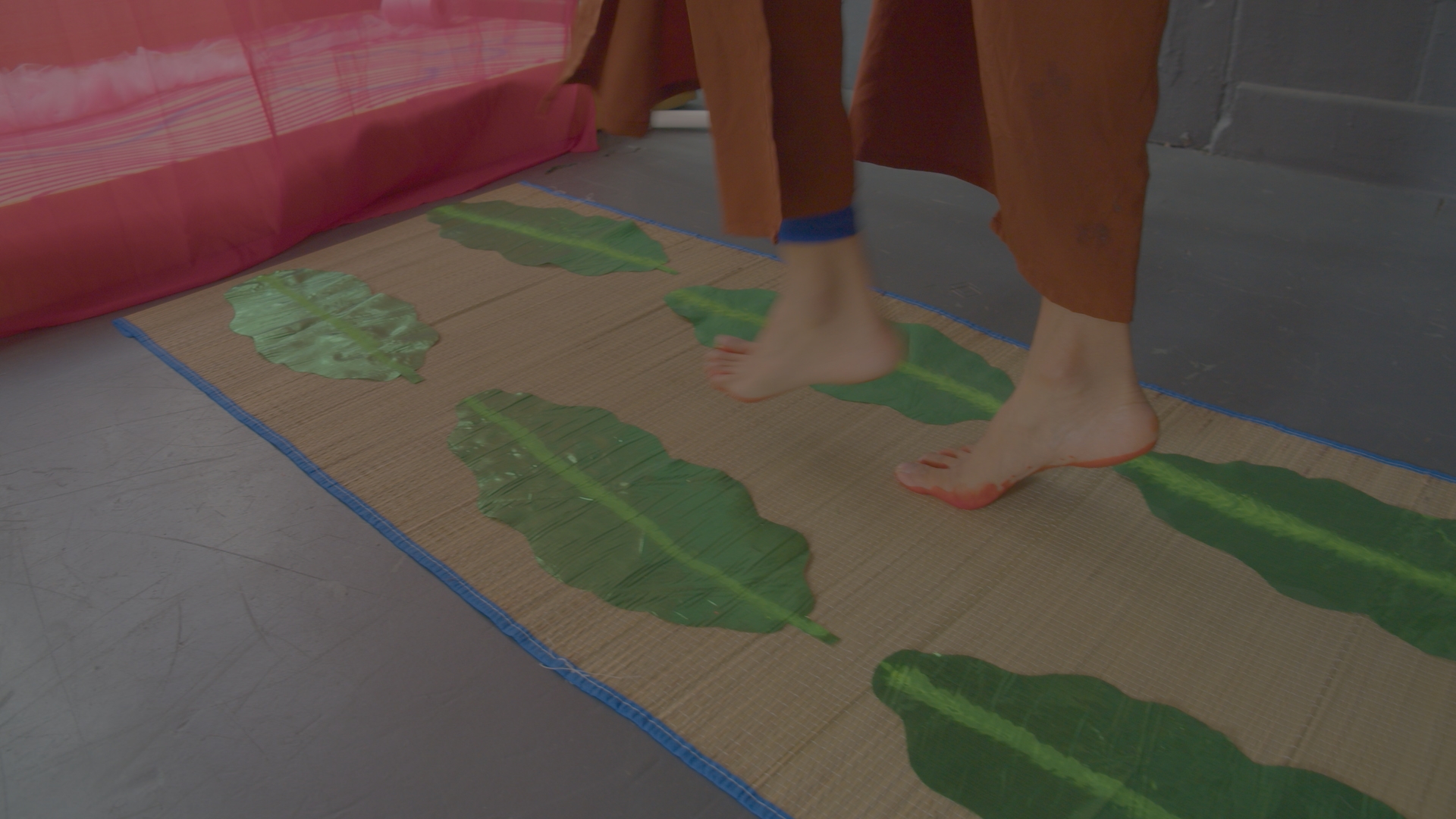




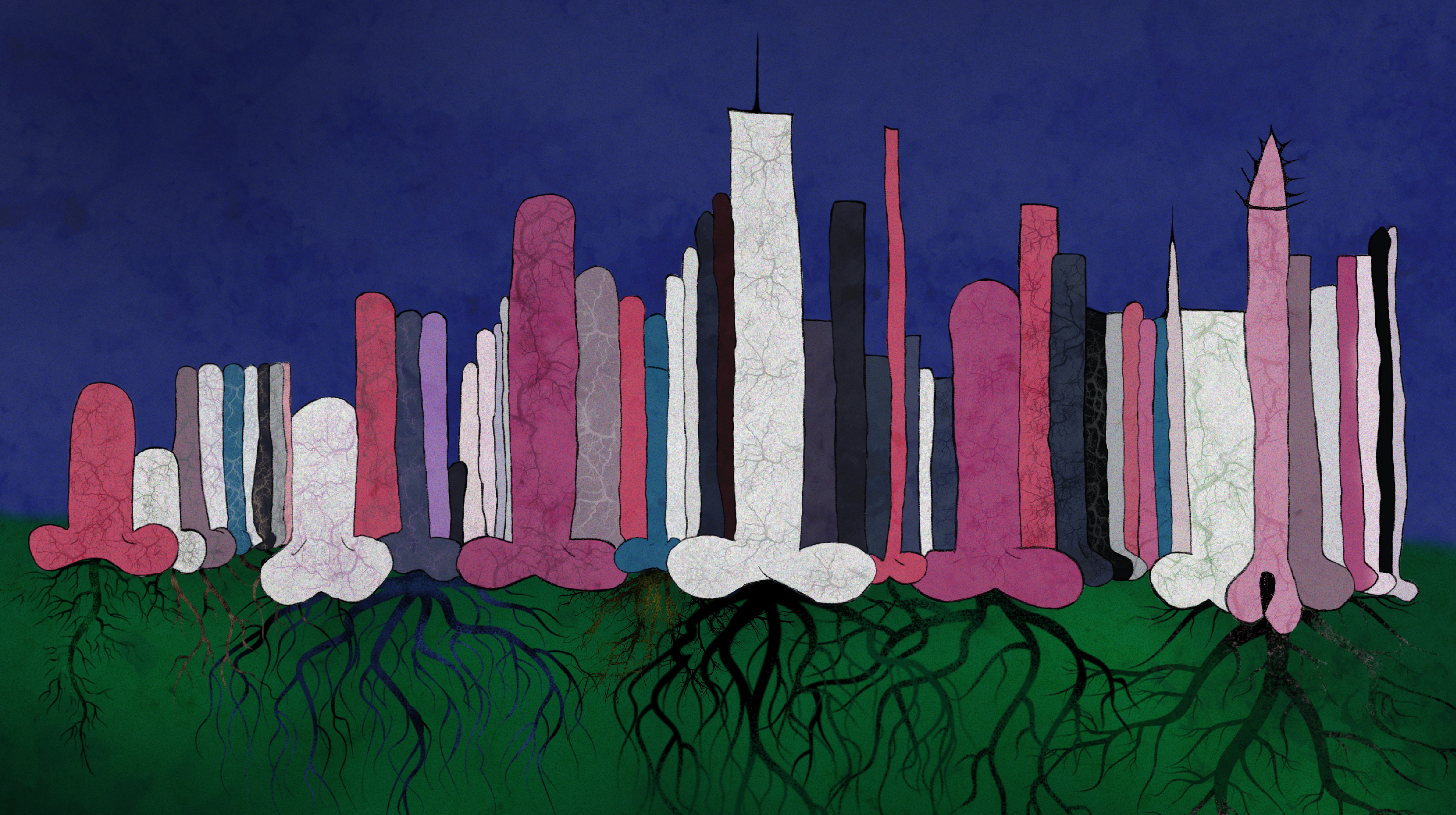







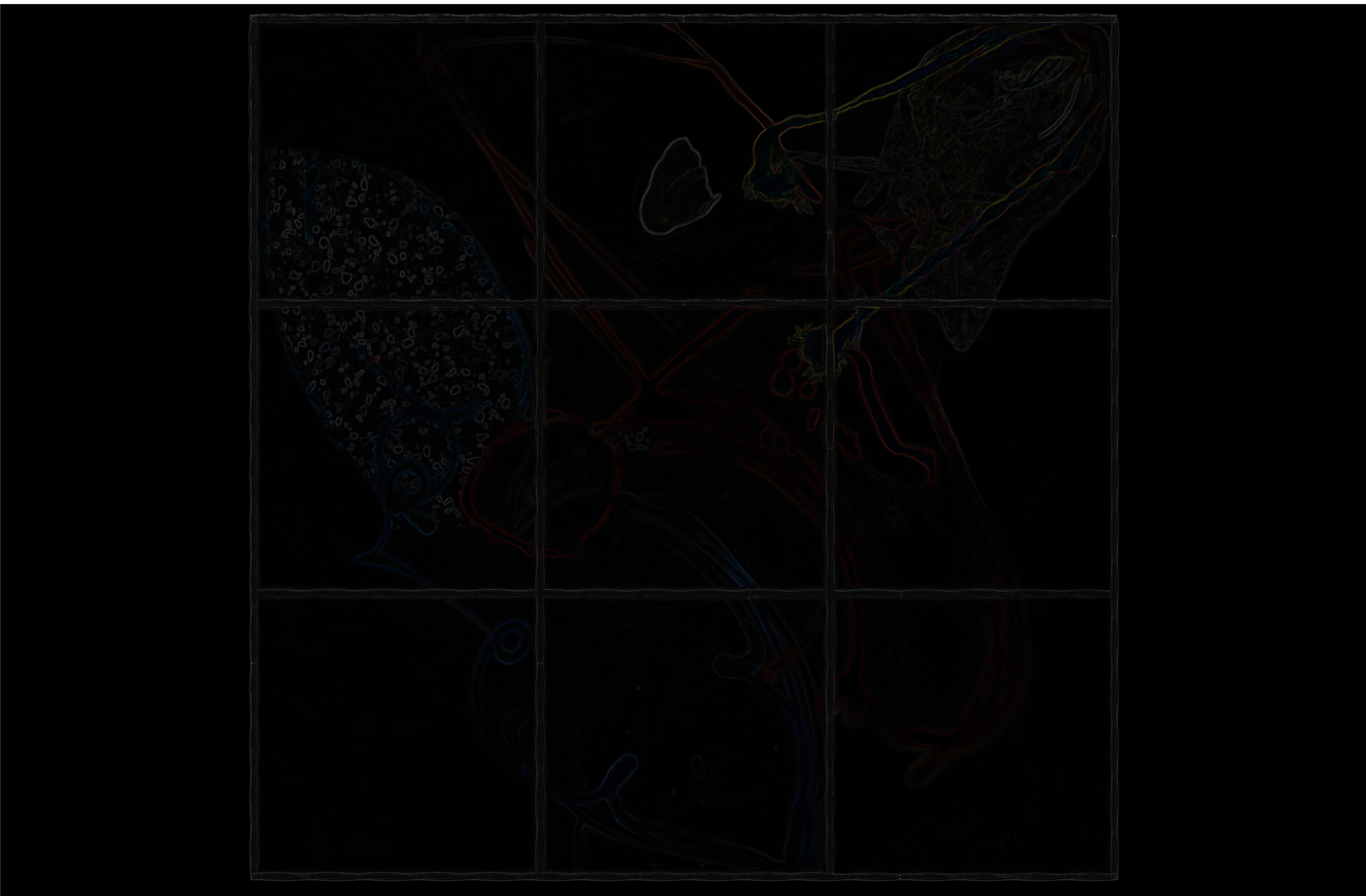







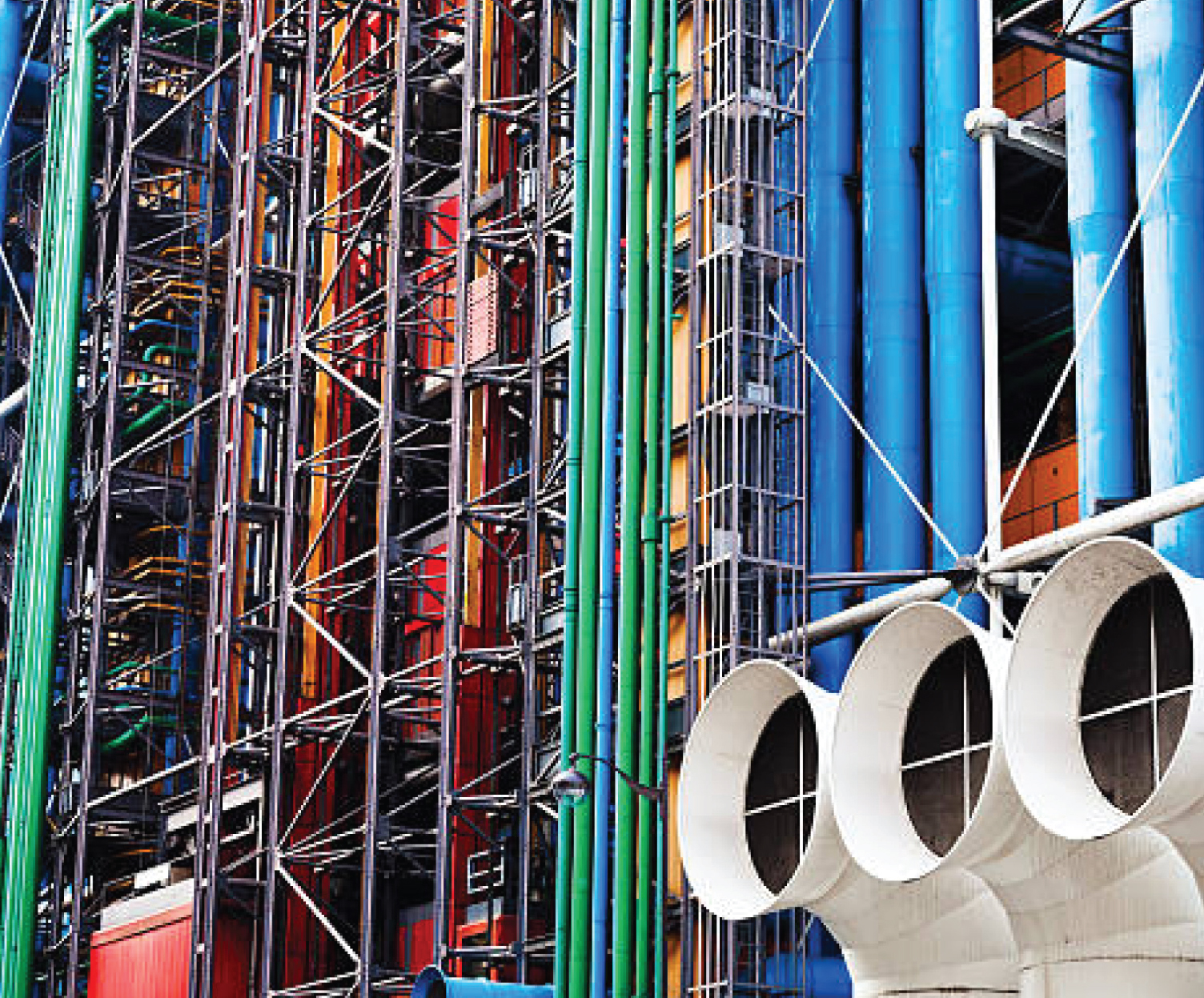
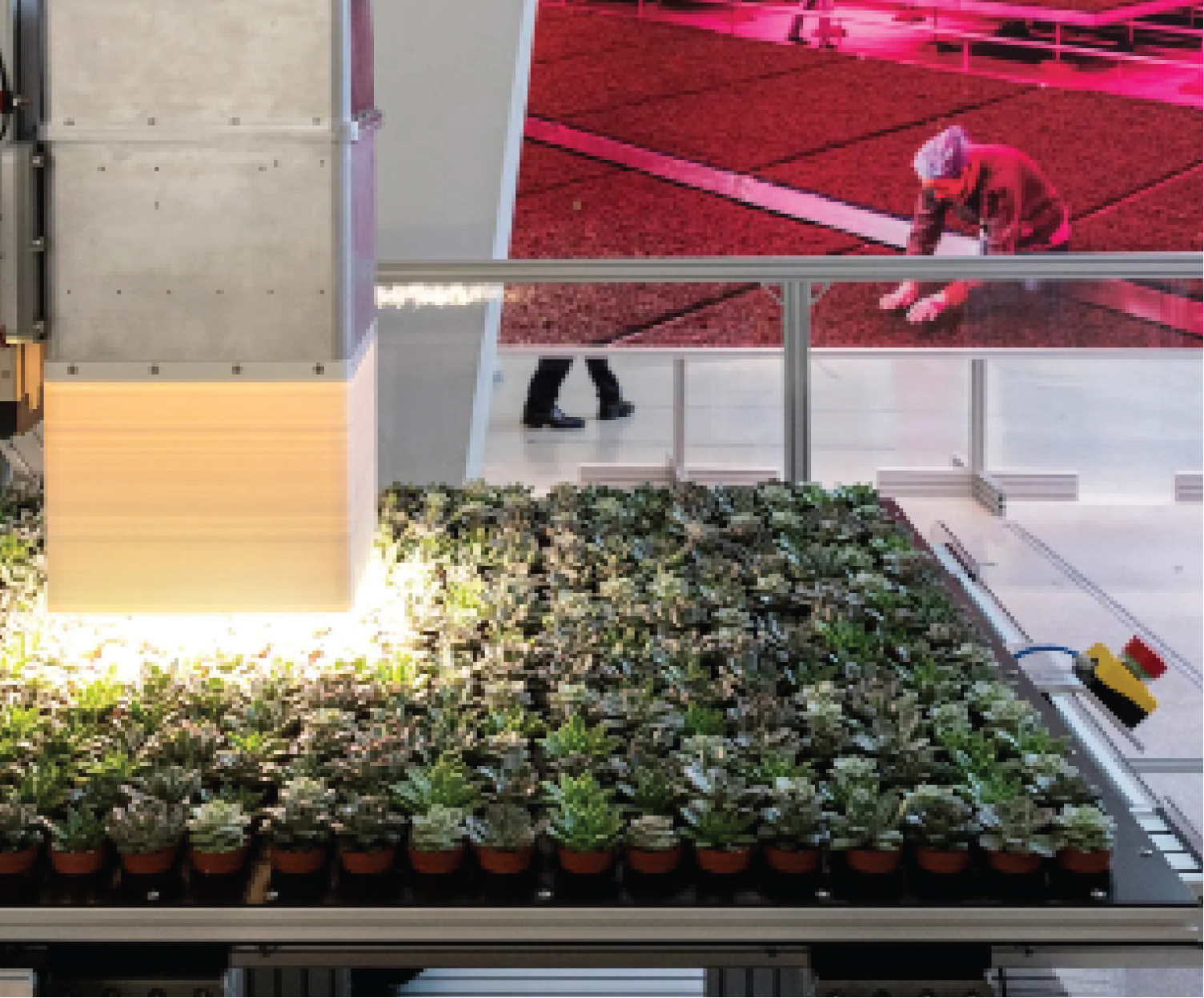
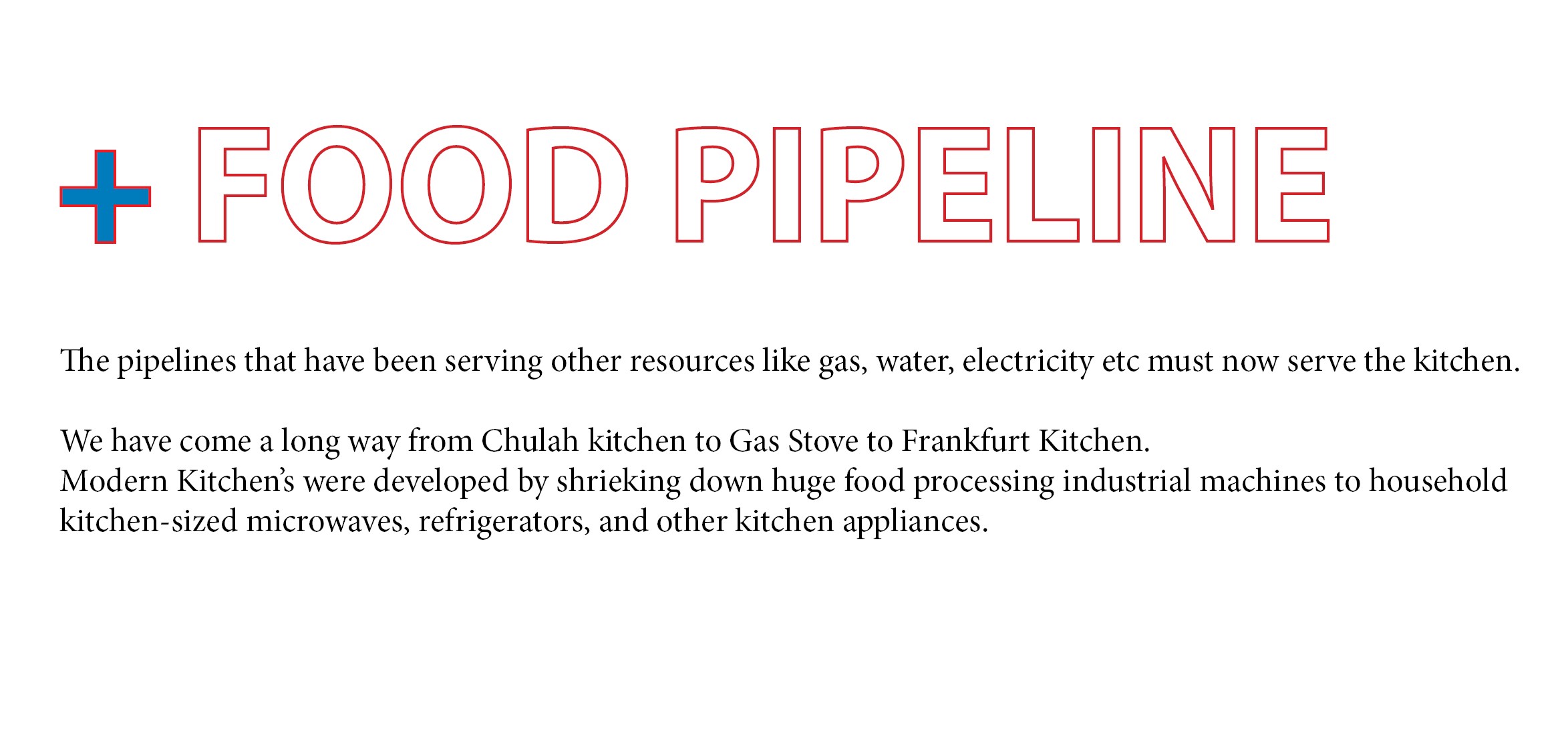
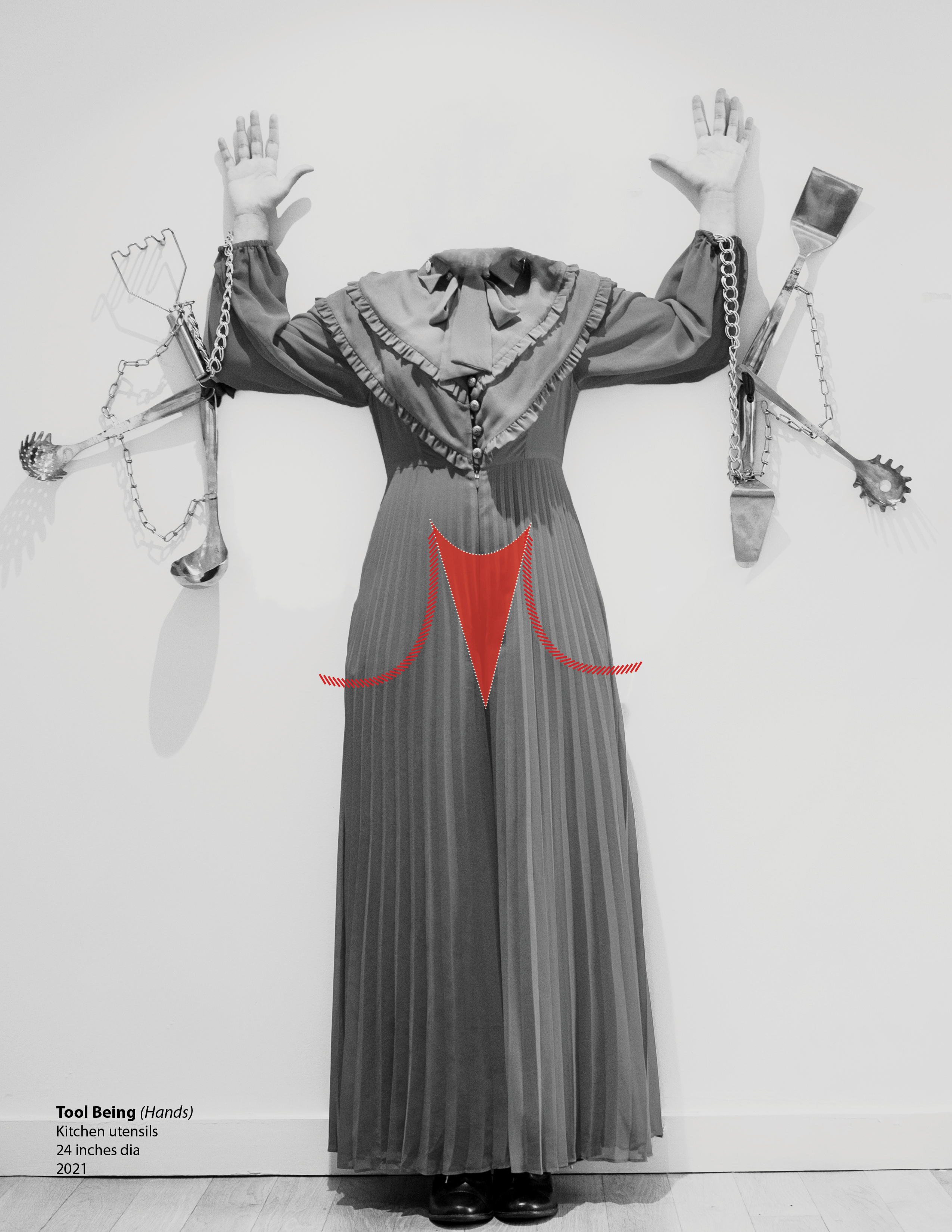

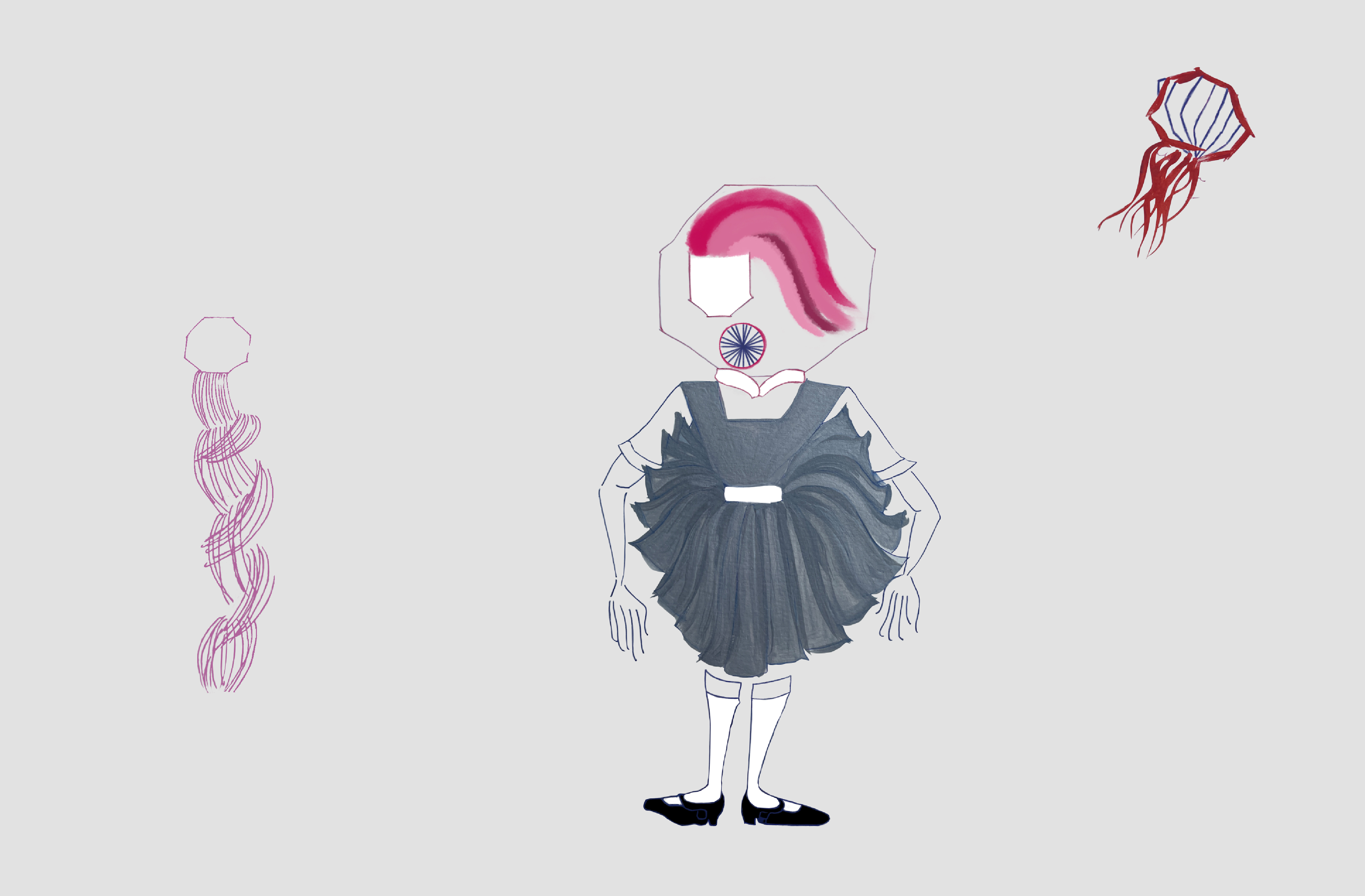

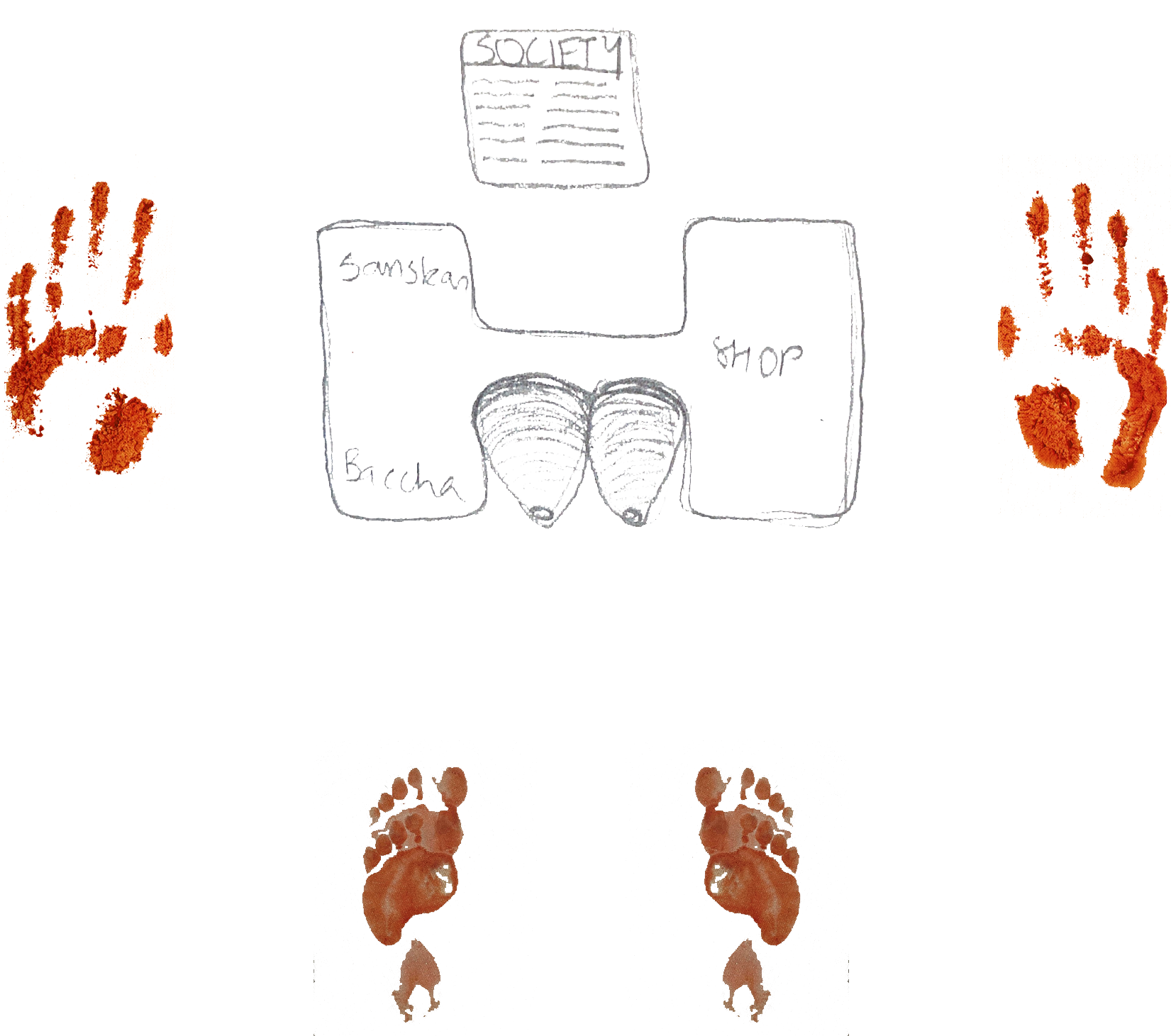
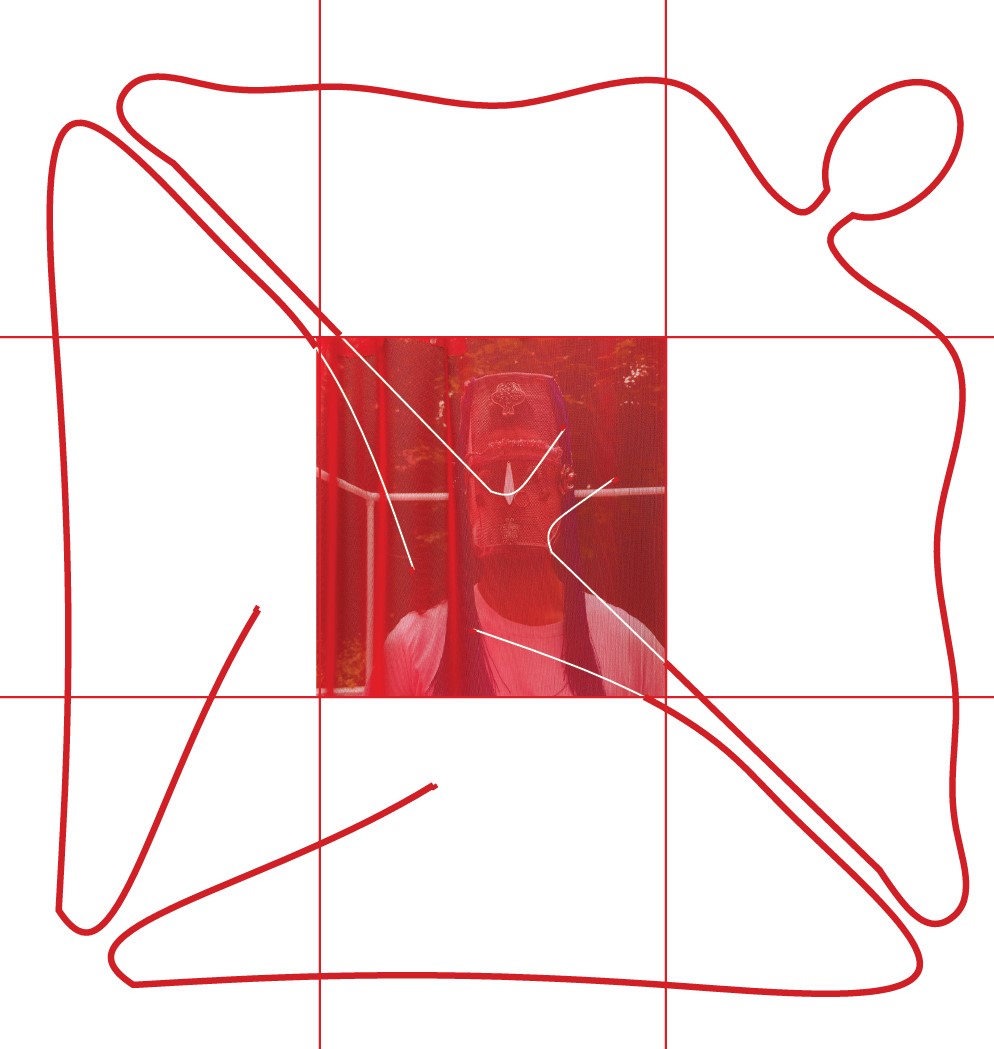

Motion Pictures 11004723401
United States Copyright Office
Communal Kitchens

Brooklyn, New York

My research has focused on collective kitchens as a response to gendered labor structures and social inequality that domestic kitchens today position us in. From the past few decades Kitchen typologies have been static in nature culturally geared towards women bearing the burden of care in most cases.
Incorporation and development of collective kitchen topology requires further groundwork and research into infrastructural needs, such as reorganization of Food systems and distribution strategies on domestic, local, urban, and global scales, incorporating collective labor structures in the kitchen (non-gendered), spatial reconfiguration and evolving appliances and tools to account for multiple users. Re-integration of urban farming (and our relationship to seeds, soil, growth, food and compost) in our domestic sphere therefore resisting excessive urbanization and restoring nature in some dimension. Social reconfiguration of housing corporations and tenant groups perhaps using media aid for scheduling routines, collective participation, and perishability of food - incorporating collective empathy towards food and ecologies.![]()
Collectivity requires mutual respect - sharing agency, cultural dynamics of inclusivity and openness to experimentation, sharing recipes, communal care and redefining family structures. For future generations, education can build a bridge between - responsibility of our food ecologies and civic labor of nourishing ourselves and our communities. Inculcating farming and cooking in our daily lives against hyper-capitalist extractive means of depleting nature and encouraging inherent vulnerabilities and food scarcities.
The advantages are endless for the human psyche and environment - making our society culturally rich, inclusive and fun. Re-invigorating collective cooking encourages food innovation, energy conservation with shared appliances and sustainable use. Less wastage and redirecting food leftovers from these collective kitchens to neighborhood community fridges would combat inequalities on domestic, local and urban scales creating abundance helping us avoid food scarcity now and in the future.
Collective Kitchen Case Studies :
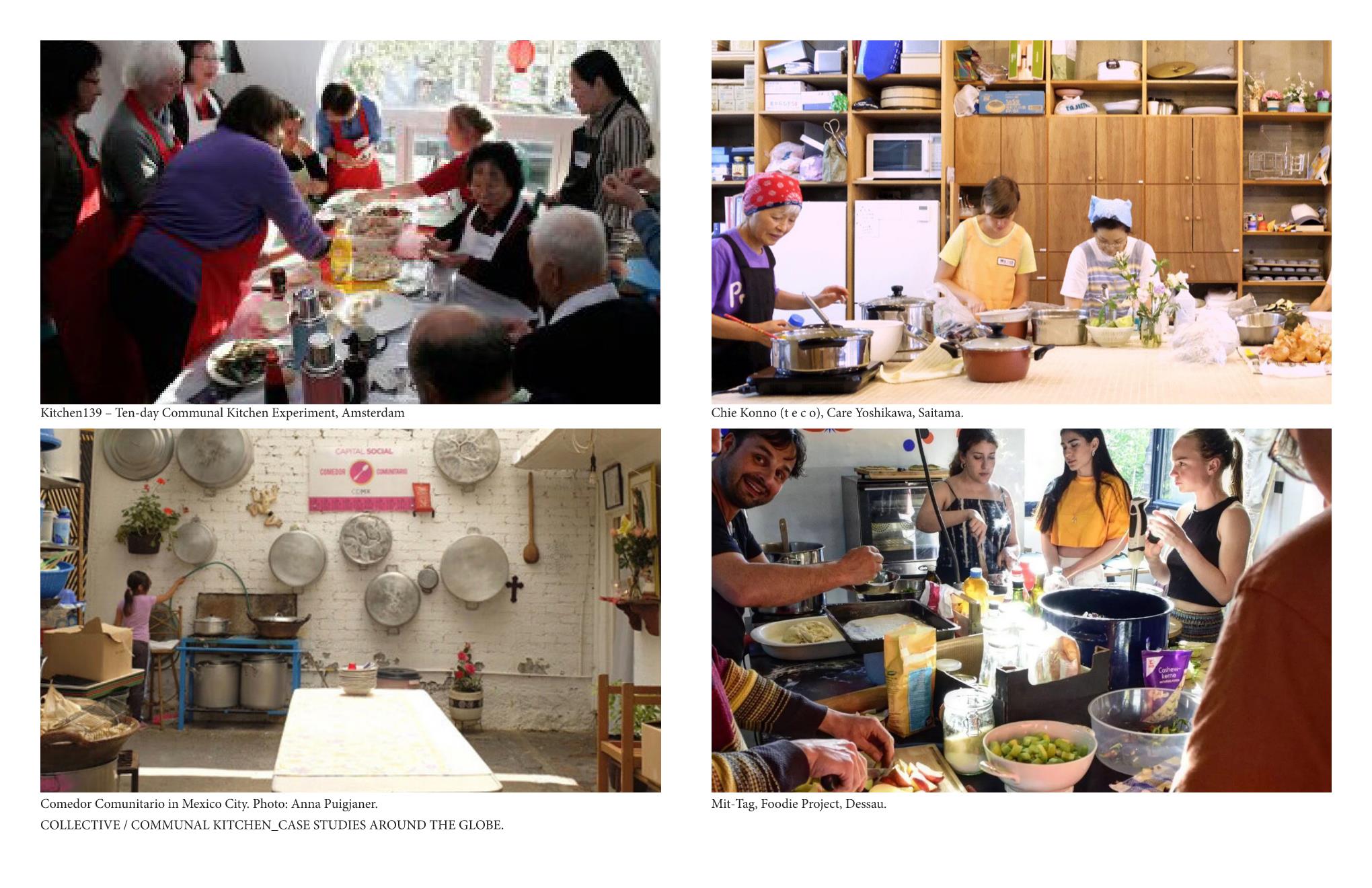


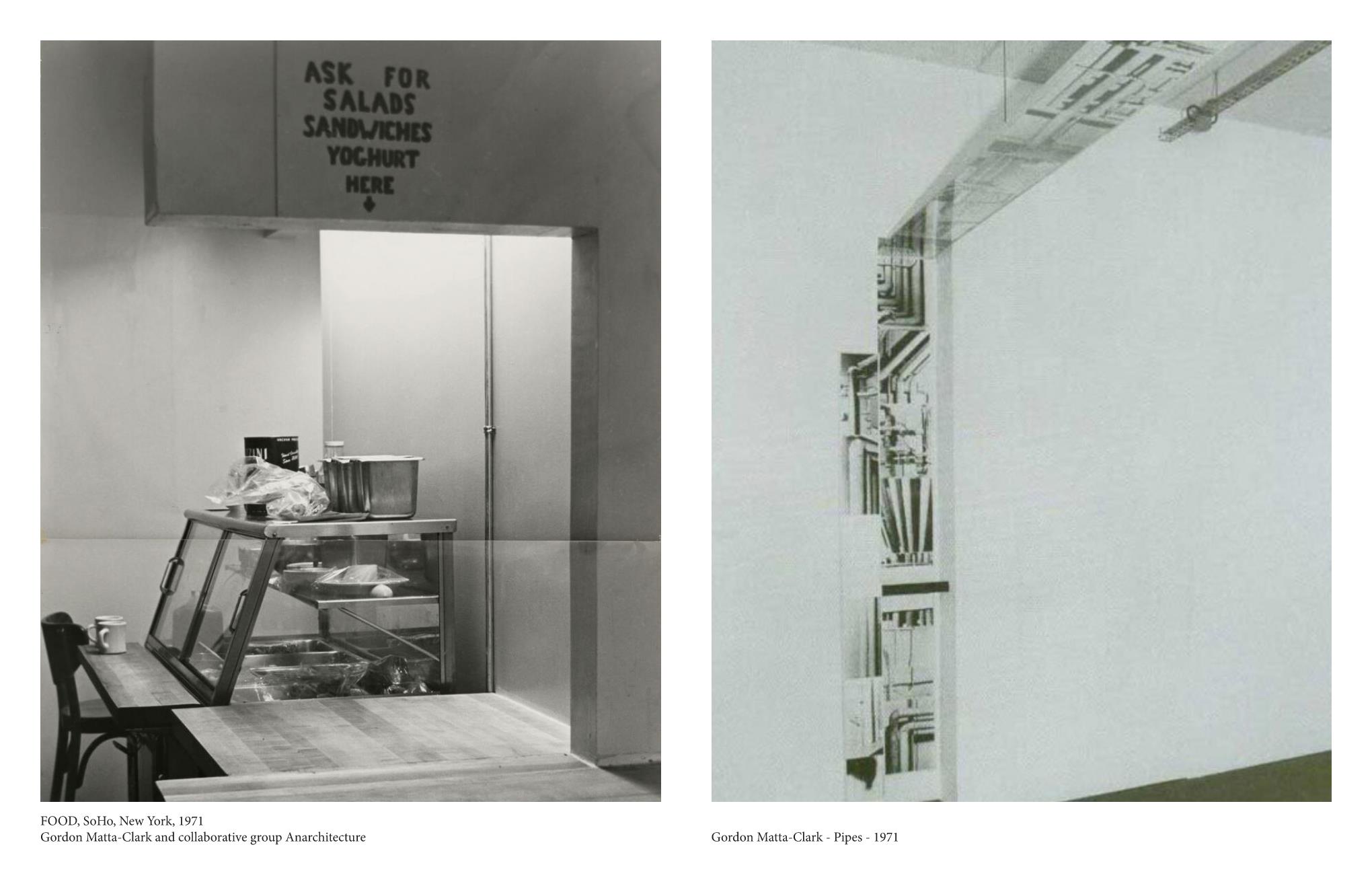
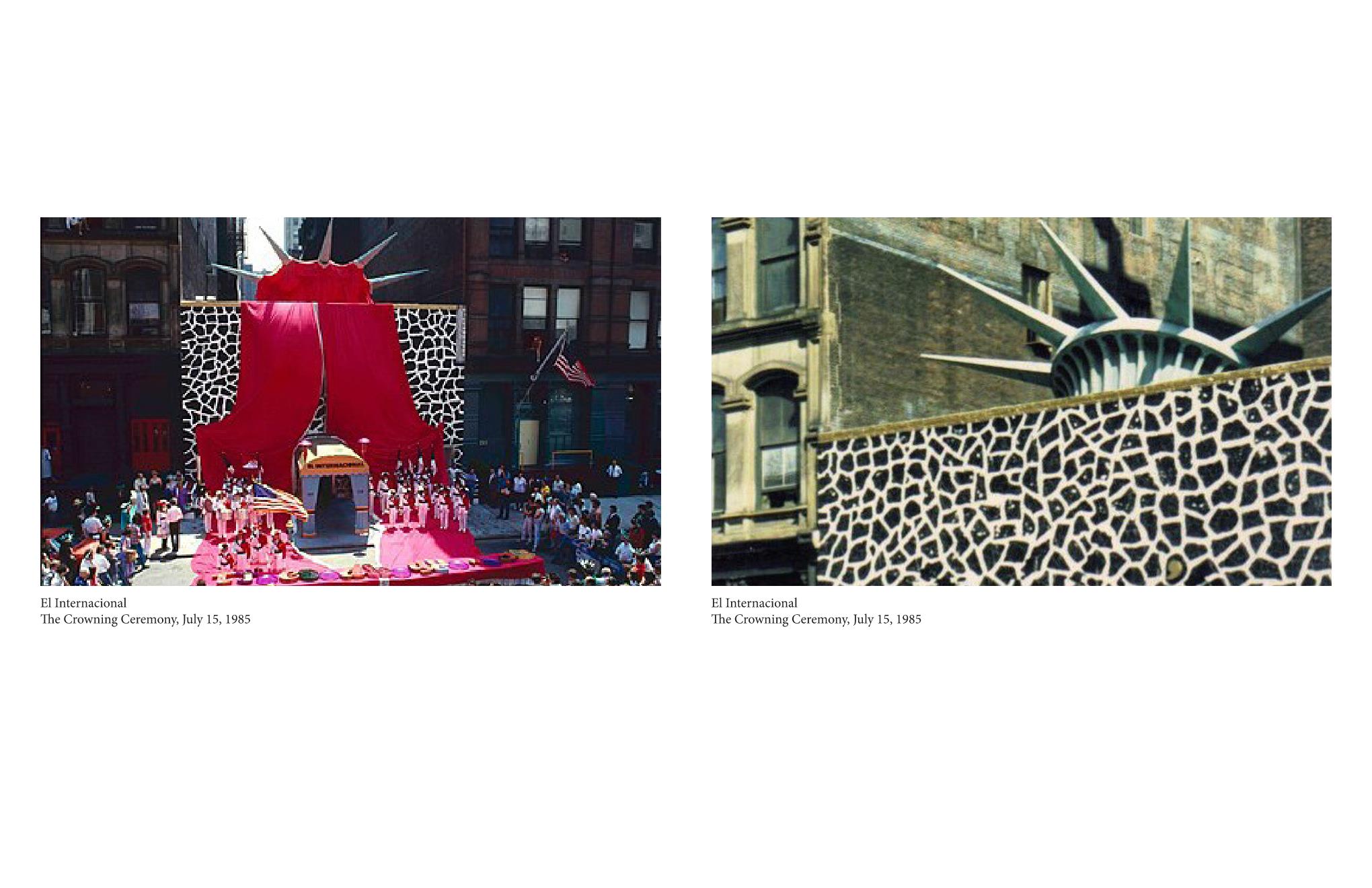

(On-going research)
